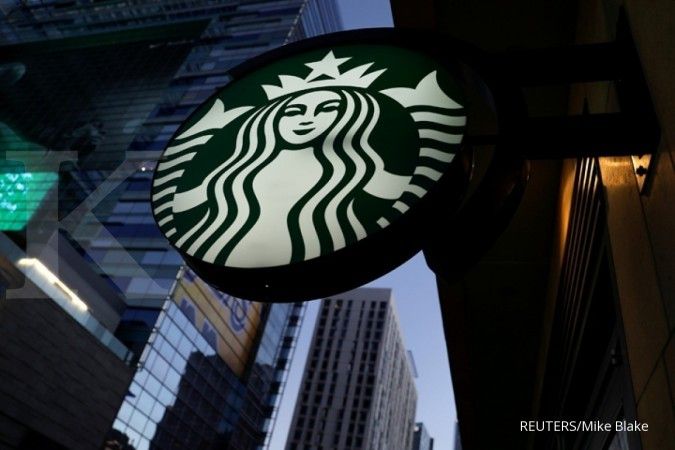A growing labor movement among Starbucks employees led to strikes at over 300 stores across the United States on Christmas Eve. Workers voiced concerns over working conditions, wages, and corporate practices, disrupting holiday operations nationwide.
Reasons Behind the Strike
Worker Demands
The Starbucks workers strike on Christmas Eve centers on demands for higher wages, better scheduling policies, and improved workplace conditions. Employees claim the company has failed to address their grievances despite months of negotiations.
National Labor Movement
This strike is part of a larger push for unionization among Starbucks employees. Workers in several cities have called for the company to recognize unions and negotiate in good faith.
Impact on Christmas Eve Operations
Disrupted Services
Many Starbucks outlets remained closed or operated with limited staff during the strike. Customers experienced long wait times and reduced menu availability.
Economic Implications
The strikes are expected to have a significant financial impact on Starbucks’ holiday revenue, traditionally one of the busiest seasons for the company.
Starbucks’ Response to the Strike
Official Statement
Starbucks issued a statement acknowledging the workers’ concerns while emphasizing its commitment to open dialogue. The company also assured customers of its efforts to minimize disruptions.
Criticism from Workers
Union representatives argue that Starbucks’ response lacks concrete action and that the strike demonstrates the depth of employee dissatisfaction.
Growing Momentum for Unionization
Support from Advocacy Groups
Labor advocacy groups and some politicians have voiced support for the Starbucks workers strike, urging the company to address employee demands and improve working conditions.
Potential for Future Strikes
As negotiations continue, the possibility of more widespread strikes looms, with workers committed to pressing for meaningful change.
Conclusion
The Christmas Eve Starbucks workers strike highlights growing discontent among employees and the challenges of balancing corporate policies with worker welfare. With over 300 stores affected, the strike sends a strong message about the need for fair wages and better conditions. Whether Starbucks can resolve these issues remains a key question for the coming year.
